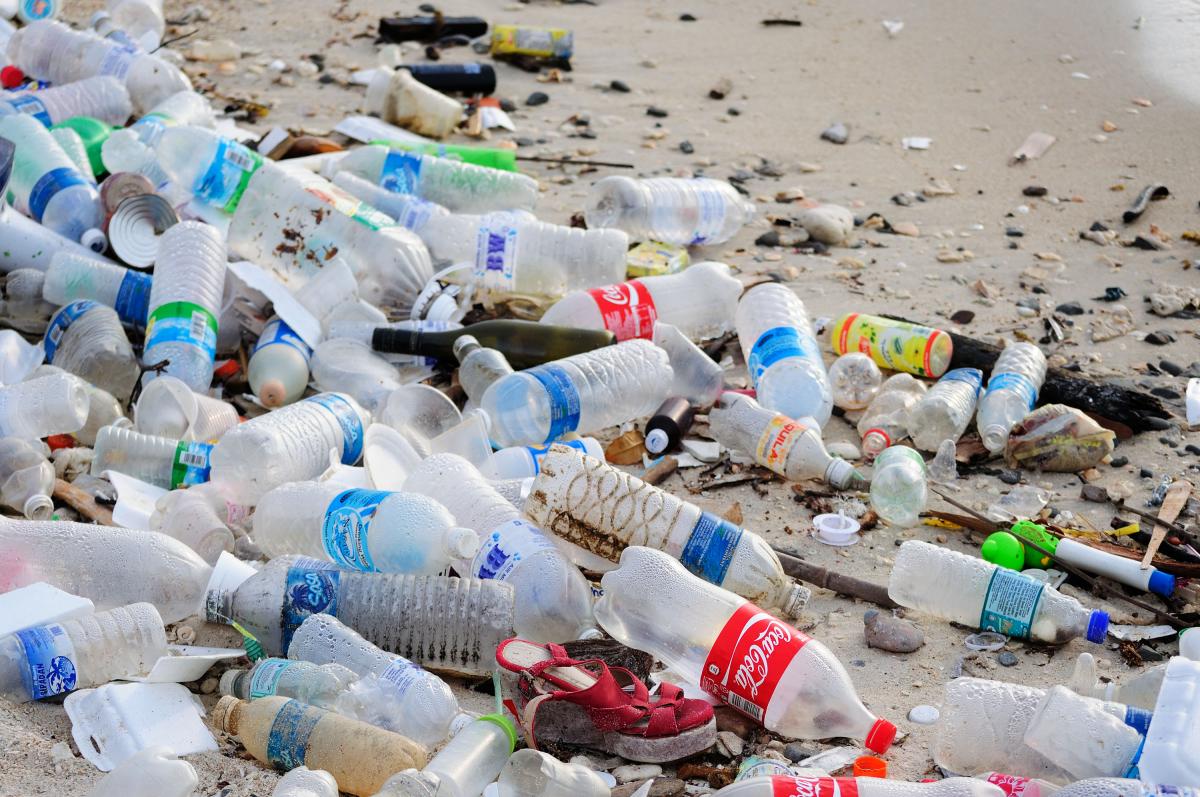By Saquib Nazmus
Plastic usage has gradually become a common tendency as globally different industries are relying heavily on plastic to manufacture their products. From plastic bottles to furniture, plastic is an inseparable aspect of our livelihood. However, usage of plastic can pose serious threats to our environment, marine bodies, atmosphere, health and many more. This has grown to be such a concerning issue that governments and organizations worldwide are striving to implement policies such as Sustainable Development Goals (SDGs) to combat the issue and find better alternatives that are less damaging to the planet and ecosystem.
The necessary measures and initiatives have to start within the schools and university campuses as todays youth are the ones to lead in the future. However, little to no concern or awareness about the harmful effects of excessive plastic usage is present among the staff and students of IIUM campus as plastic is heavily used for takeaway foods, beverages, and groceries. It is high time that major initiatives are taken by the authorities and community to combat overreliance on plastic.
In order to stop the issue of overusing plastic, we must be aware of the impact plastic has on our health, ecosystem, and environment. Plastic products contribute a lot to environmental pollution. This is due to the fact that plastics are non-biodegradable and can persist in the environment for hundreds of years according to Alabi et al. in their 2019 paper entitled “Public and Environmental Health Effects of Plastic Wastes Disposal: A Review”. Improper disposal of plastic waste leads to pollution of land, water bodies, and atmosphere. Plastic litter can be found in oceans, rivers, forests, and even remote areas, posing a threat to ecosystems.
Plastic pollution in the world’s oceans is one of the most increasingly worrying aspects of plastic waste. Plastic waste is often dumped in the seas and oceans worldwide. This results in aquatic animals and birds to often mistake plastic for food. They often get entangled in it which most likely leads to injury, suffocation, and even death state Bergmann et al. in a book published in 2015 entitled “Marine anthropogenic litter”.
Plastic usage and waste can cause microplastic contamination which is harmful for both humans and wildlife. Plastics systematically break down into tiny particles known as microplastics. These are less than five millimeters in size and can hardly be seen by the naked eye. Microplastics tend to be present in various ecosystems which include water bodies, soil, and atmosphere. These can pose potentially serious health hazards for humans and animals by being part of the food chain mention Sarkingobir et al. in their 2021 article entitled “Harmful effects of plastics on air quality”.
According to Alabi et al., many plastics contain hazardous chemicals such as phthalates, bisphenol A (BPA), and flame retardants. These chemicals can leak from plastic containers and contaminate food, water, and beverages. This is more likely when hot liquid substance comes into contact with a plastic container and when kept for a prolonged period in storage. Long-term consumption of these chemicals may lead to various health issues which include hormonal disruptions, developmental issues, and certain cancers.
Sarkingobir et al. also state in their article that the production of plastic requires tremendous quantities of energy and resources which are primarily extracted from fossil fuels. This process contributes to greenhouse gas emissions which gradually aggravate climate change. The incineration process of plastic waste also emits harmful pollutants into the atmosphere.
Proper plastic waste management is a complicated and expensive process. Inadequate recycling facilities, limited recycling rates, and improper disposal ultimately leads to plastic waste accumulation in landfills and the environment. Plastic waste also creates challenges in the case of its segregation, recycling, and degradation which makes it a continuous problem.
IIUM staff and students’ heavy reliance on plastic containers to carry takeaway food, beverages and groceries suggests that most of them are either unaware or careless about the harmful effects of plastic usage and waste on the planet. Although certain policies and laws were passed to mitigate the issue, raising awareness about the harmful effects of plastic usage should extend beyond mere restrictions.
Educational campaigns and initiatives could play a crucial role in educating students regarding the ecological ramifications of excessive plastic usage. By organizing awareness campaigns, seminars, workshops and so forth. IIUM authorities and responsible volunteers can empower and motivate students with knowledge and equip them with sustainable alternatives. By enlightening students and staff about SDG 12 which promotes responsible consumption and production, it is possible to mitigate the issue and possibly spark a fire amongst IIUM youth to preach and take initiatives to improve the world in future. ***
(This article is written as part of an individual assignment for Responsible Consumerism, MKTG 4312 class)
